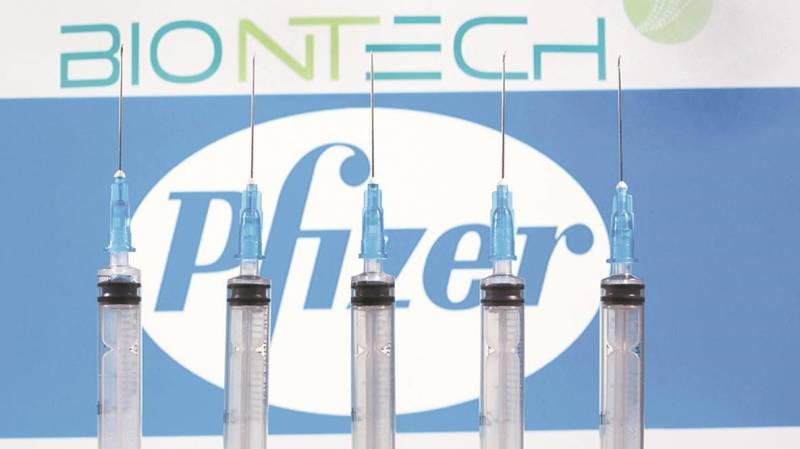UK defends fast pace of Covid vaccine approval

Stay tuned with 24 News HD Android App

Britain insisted Friday its world-first approval of the Pfizer-BioNTech coronavirus vaccine met all safety standards, striving to tamp down any public unease after US and European officials queried the rapid process.
The UK's drugs regulator gave emergency approval for the vaccine on Wednesday, and the government plans to start rolling it out next week.
Any vaccine "must undergo robust clinical trials in line with international standards", the Medicines and Healthcare products Regulatory Agency (MHRA) said in a statement.
"No vaccine would be authorised for supply in the UK unless the expected standards of safety, quality and efficacy are met."
Leading US infectious disease scientist Anthony Fauci said on Thursday the MHRA had "rushed" approval, but he later apologised.
"I have a great deal of confidence in what the UK does both scientifically and from a regulator standpoint," Fauci told the BBC.
"Our process is one that takes more time than it takes in the UK. And that's just the reality," he said. "I did not mean to imply any sloppiness even though it came out that way."
Prime Minister Boris Johnson's official spokesman welcomed Fauci's reversal, noting the MHRA's insistence that "no corners had been cut" in vetting the vaccine.
"We've been absolutely clear on the safety of the vaccine given the rigorous standards it has gone through as part of the MHRA process," the spokesman told reporters.
With Britain transitioning out of the European Union, the UK regulator obtained an exemption from the EU's medicines agency, which has stressed it prefers to wait for further review and consultations across the 27-nation bloc.
Britain plans to distribute an initial batch of 800,000 doses starting next week, prioritising care homes, and has deployed scientists to counter any disinformation.
Both Johnson and Health Secretary Matt Hancock say they are willing to take the vaccine, live on television, to reassure the public. The spokesman, however, said ministers would not jump the queue on the age-based priority list.
Vaccine nationalism
The government says it has no plans to make the vaccine compulsory, but insufficient takeup would delay a return to economic normality as Britain contends with the worst death toll in Europe.
The MHRA said it was able to move quickly after launching a rolling review of data provided by Pfizer and BioNTech as trials proceeded, rather than waiting for all the data to be compiled at the end of the trials.
"Covid-19 vaccines, including this one, are being developed in a coordinated way that allows some stages of this process to happen in parallel to condense the time needed, but it does not mean steps and the expected standards of safety, quality and effectiveness have been bypassed," it said.
England's deputy chief medical officer Jonathan Van-Tam has also hit back at critics, suggesting sour grapes on the part of regulators who are bound by more bureaucracy.
"If you're a regulator who's slightly further behind, what do you say to justify your position that you are further behind? Words such as the ones we've heard perhaps," he told the BBC on Thursday.
Approval is expected this month by both the US Food and Drug Administration and the European Medicines Agency.
Some British ministers have used the approval race to indulge in Brexit tub-thumping. Education Secretary Gavin Williamson said the UK beat others in Europe because it was "a better country".
Government adviser Peter Openshaw, a professor of respiratory and immunology medicine at London's Imperial College, decried the international one-upmanship.
"This is really us against the virus, it's not us against the Americans, us against the Europeans," he told the BBC on Thursday.
Openshaw also defended the MHRA's approval for the vaccine: "It's quite clear this has been very, very carefully scrutinised and I have no concerns about it."
